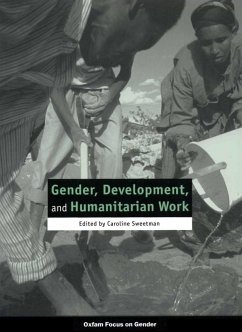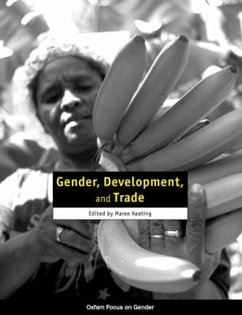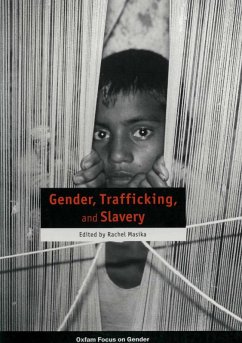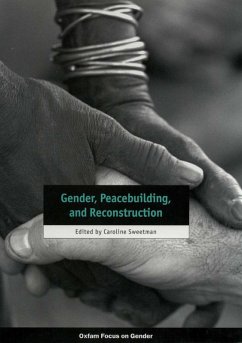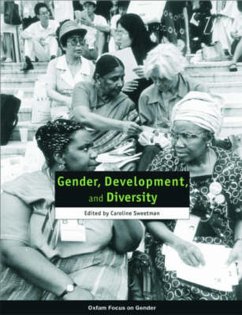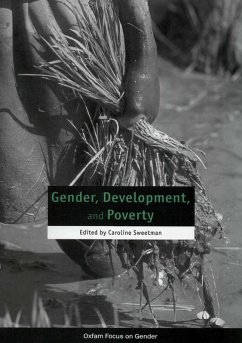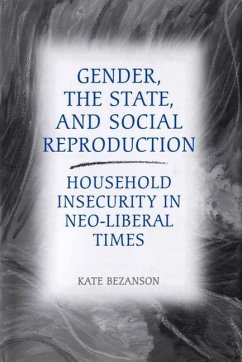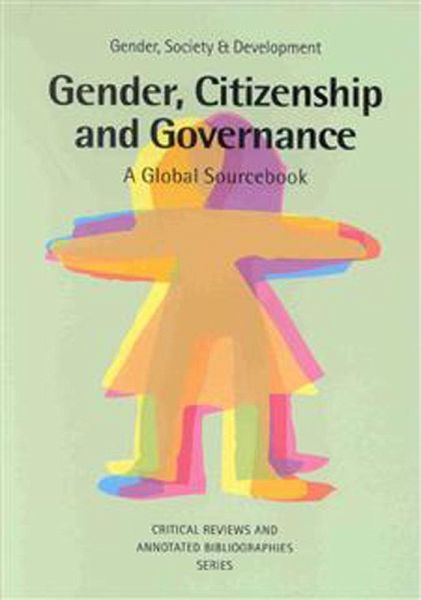
Gender, Citizenship and Governance (eBook, PDF)

PAYBACK Punkte
26 °P sammeln!
In the 1990s, the issue of good governance assumed enormous significance in the debates on global development. The concern with governance arose from the growing realisation that conventional development efforts had failed to eliminate poverty and inequality. Despite differences in priorities, the good governance agenda generally envisaged building accountability of public administration institutions to the public they are supposed to serve. Debates about and approaches to improving governance structures to obtain better development outcomes did not however automatically address the question o...
In the 1990s, the issue of good governance assumed enormous significance in the debates on global development. The concern with governance arose from the growing realisation that conventional development efforts had failed to eliminate poverty and inequality. Despite differences in priorities, the good governance agenda generally envisaged building accountability of public administration institutions to the public they are supposed to serve. Debates about and approaches to improving governance structures to obtain better development outcomes did not however automatically address the question of gender equality. In this book, four case studies from India, Namibia, Pakistan, and South Africa describe civil society initiatives that have intervened in governance and brought about changes in institutional practice, aiming to secure strategic gender interests. These national case studies are complemented by a global perspective on governance and gender in the form of the 'state of the are' Introduction, an annotated bibliography of the international literature on this subject, and a review of relevant Web resources. This book is the seventh in the Gender, Society and Development series. It has been produced in close cooperation with the KIT Gender, Citizenship and Governance Programme.
Dieser Download kann aus rechtlichen Gründen nur mit Rechnungsadresse in A, D ausgeliefert werden.




